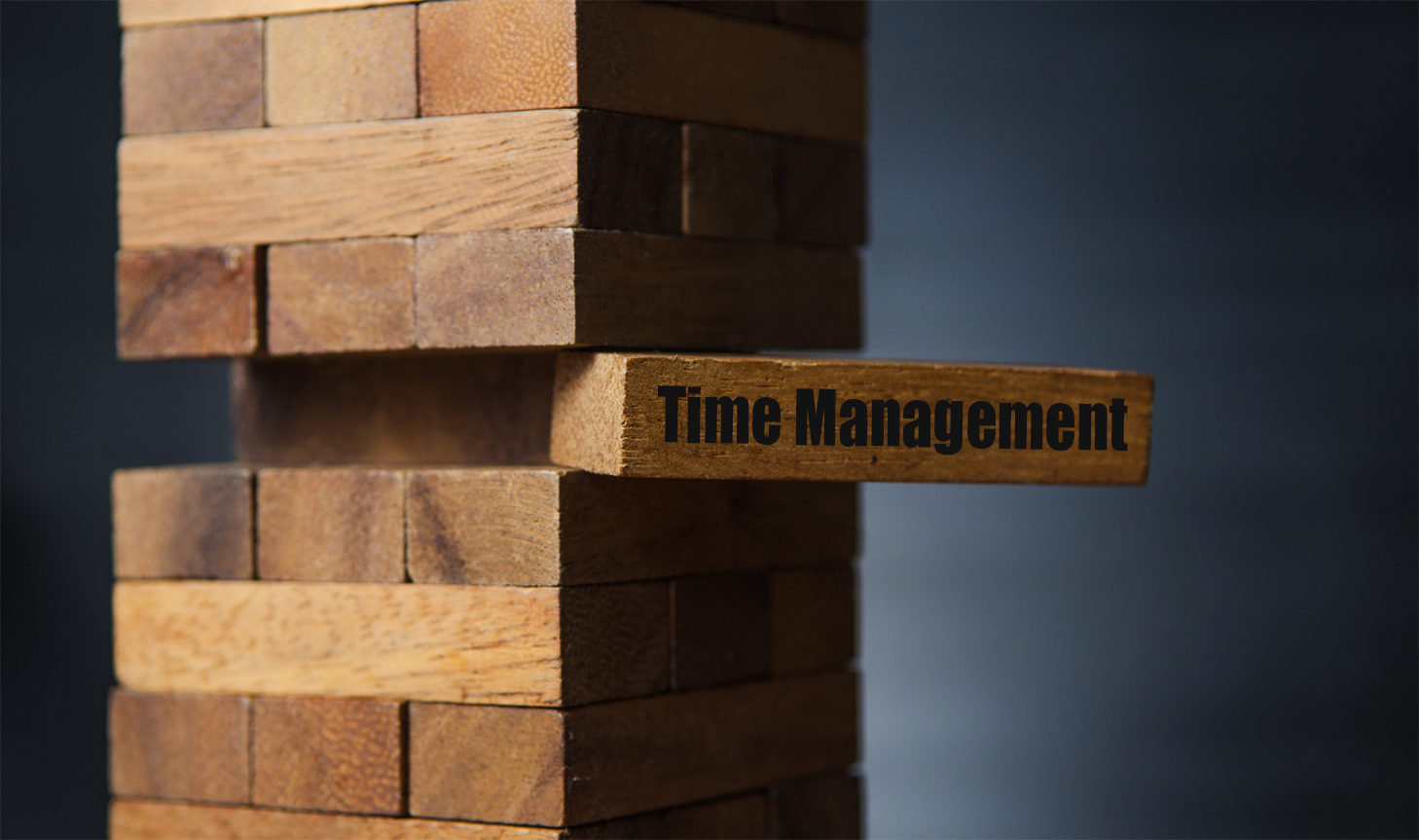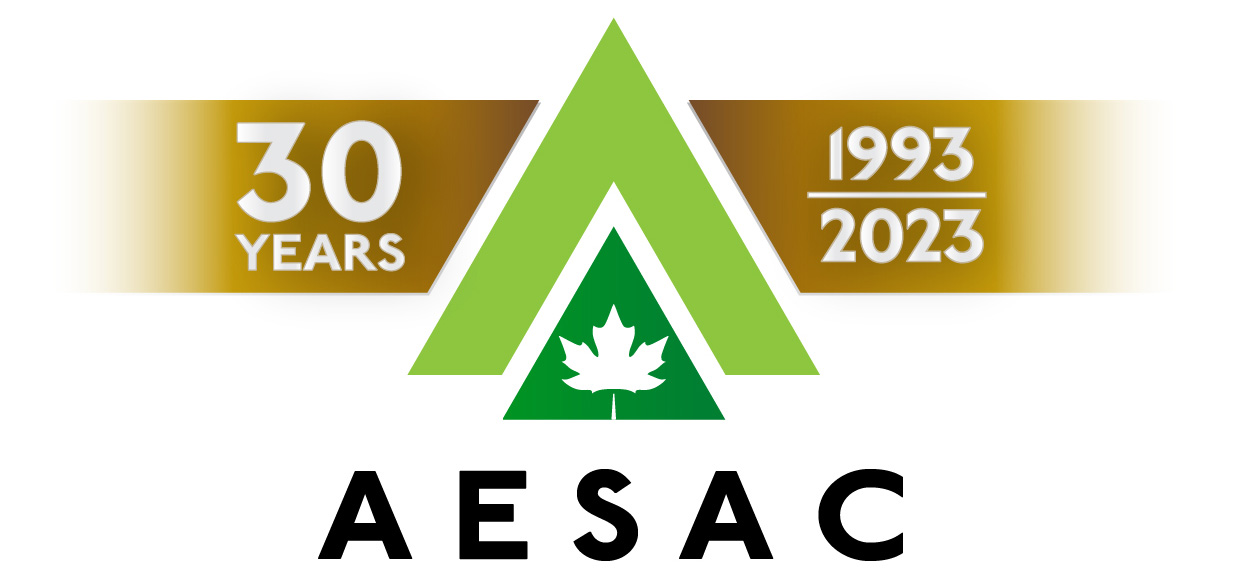- Home
- Training Courses
- Membership
- About Us
- Instructors Blog
- December 2023: All I Want For Christmas
- November 2023: ESA Report Reviews
- October 2023: Can AI Write an ESA Report?
- September 2023: Getting Paid... or Not
- August 2023: Take Me Back...
- July 2023: To Bid or Not To Bid
- June 2023: Selecting a Supplier
- April 2023: Phase 1 Problems, Part 3
- March 2023: Phase 1 Problems, Part 2
- February 2023: Phase 1 Problems, Part 1
- January 2023: Working Outside in Winter
- 2022 Blogs
- 2021 Blogs
- December 2021: Asbestos in your Home
- Sept 2021: Dirty Jars And Other Bad Things… Part 2
- August 2021: Dirty Jars And Other Bad Things… Part 1
- July 2021: How do you want that drawing to look? Part 2
- June 2021: How Did You Want That Drawing To Look? Part 1
- April 2021: So You Need a RSC... Part 2
- March 2021: So You Need a RSC... Part 1
- February 2021: What's In Your Toolbox? Part 2
- January 2021: What's In Your Toolbox? Part 1
- 2020 Blogs
- December 2020: A Day in the Life, Part 2
- November 2020: A Day in the Life, Part 1
- October 2020: Exploring Your Career Path
- September 2020: So You Want To Start Your Own Business - Part 2
- August 2020- So You Want to Start Your Own Business
- June 2020: Effective Communication
- May 2020: Tips For Working From Home
- April 2020: Conducting ESA’s During a Pandemic
- March 2020: It's Not Easy Being Green
- February 2020: Looking Ahead; Bold Predictions for the Next Decade
- January 2020: Looking Back; A Decade in Review
- 2019 Blogs
- 2018 Blogs
- 2017 Blogs
- 2016 Blogs
- 2015 Blogs
- Find an AESAC Member
Menu- Home
- Training Courses
- » Training Courses
- » Webinar Series
- » Calendar of Events
- » Course Registration
- » Course Instructors
- » Testimonials
- Membership
- » Become a Member
- » Certifications
- » Membership Search
- » Update Member Profile
- » Members Only
- » » Member Login
- » » Membership Renewal
- » » Create/Change Password
- » » CESA Certification Application
- About Us
- » About AESAC
- » Course Instructors
- » Contact Us
- Instructors Blog
- » December 2023: All I Want For Christmas
- » November 2023: ESA Report Reviews
- » October 2023: Can AI Write an ESA Report?
- » September 2023: Getting Paid... or Not
- » August 2023: Take Me Back...
- » July 2023: To Bid or Not To Bid
- » June 2023: Selecting a Supplier
- » April 2023: Phase 1 Problems, Part 3
- » March 2023: Phase 1 Problems, Part 2
- » February 2023: Phase 1 Problems, Part 1
- » January 2023: Working Outside in Winter
- » 2022 Blogs
- » » December 2022: Advice To My Younger Self
- » » October 2022: Pre-Purchase Due Diligence
- » » Sept 2022: Words Matter
- » » July 2022: Let Us Come To You
- » » April 2022: Due Diligence
- » » March 2022: Time Management
- » » February 2022: Spinning Augers... Part 2
- » » January 2022: Spinning Augers... Part 1
- » 2021 Blogs
- » » December 2021: Asbestos in your Home
- » » Sept 2021: Dirty Jars And Other Bad Things… Part 2
- » » August 2021: Dirty Jars And Other Bad Things… Part 1
- » » July 2021: How do you want that drawing to look? Part 2
- » » June 2021: How Did You Want That Drawing To Look? Part 1
- » » April 2021: So You Need a RSC... Part 2
- » » March 2021: So You Need a RSC... Part 1
- » » February 2021: What's In Your Toolbox? Part 2
- » » January 2021: What's In Your Toolbox? Part 1
- » 2020 Blogs
- » » December 2020: A Day in the Life, Part 2
- » » November 2020: A Day in the Life, Part 1
- » » October 2020: Exploring Your Career Path
- » » September 2020: So You Want To Start Your Own Business - Part 2
- » » August 2020- So You Want to Start Your Own Business
- » » June 2020: Effective Communication
- » » May 2020: Tips For Working From Home
- » » April 2020: Conducting ESA’s During a Pandemic
- » » March 2020: It's Not Easy Being Green
- » » February 2020: Looking Ahead; Bold Predictions for the Next Decade
- » » January 2020: Looking Back; A Decade in Review
- » 2019 Blogs
- » » November 2019
- » » September 2019
- » » August 2019
- » » July 2019
- » » May 2019
- » » March 2019
- » » February 2019
- » » January 2019
- » 2018 Blogs
- » » November 2018
- » » October 2018
- » » September 2018
- » » August 2018
- » » July 2018
- » » June 2018
- » » May 2018
- » » March 2018
- » » February 2018
- » » January 2018
- » 2017 Blogs
- » » April 2017
- » » June 2017
- » » August 2017
- » » September 2017
- » » December 2017
- » 2016 Blogs
- » » October 2016
- » » September 2016
- » » August 2016
- » » July 2016
- » » June 2016
- » » March 2016
- » » January 2016
- » » December 2016
- » » November 2016
- » 2015 Blogs
- » » April 2015
- » » July 2015
- » » September 2015
- » » October 2015
- » » December 2015
- Find an AESAC Member
After another Monday morning of scheduling and rescheduling, I find that time management for consultants is often more like playing Jenga. For those who don’t know, Jenga is a game where players take turns removing wooden blocks from within a stack of blocks and placing them on top of the tower, making it progressively more unstable until the entire thing collapses – much like a poorly planned and managed schedule. For consultants, the trick is knowing which blocks (tasks) can safely be removed and placed elsewhere in the tower (schedule), without total collapse (unhappy clients, litigation, bankruptcy). Every Project Manager has their own methods of keeping track, maintaining a schedule, and staying within budget; here’s my thoughts on what has worked for me over the years.
Be Realistic
When a client asks ‘How fast can you do this project?’ I respond by first asking when they require the results, then I work back from their due date to see if their requested delivery is feasible. I account for ongoing commitments, existing schedules, and the unique project demands of the new project and client before I agree to take on any new project. If you know you can’t meet the deliverables and deadlines, you aren’t doing anyone a good service by promising something that you may not be able to provide. It’s far better for business and client relations to be honest about your capabilities, and if necessary to refer the project to someone with capacity to take on the project. Should you proceed, be realistic with all promises for project delivery. Ensure you have allowed time and budget for all of the project team members, as well as any third party services, contractors, or regulatory requirements. Consider contingencies in your budget and schedule for unforeseen delays or project extras.Make a List… Then Make Another List…
Personally, I like to make lists, multiple lists in most cases. I have weekly and monthly “to-do’ lists; project completion checklists, as well as task lists for contractors and subs. These lists will also get entered into my calendar, my daily log book, and my phone. It may seem redundant to some, but it keeps me on track and on time. It also helps at billing time – if I don’t write down what I did every day and for every project those costs probably won’t make it to my final invoice. Other consultants, especially bigger firms, have project tracking and accounting software, and dedicated staff to manage all that; but for some it’s still a manual task. Just as important as making a list, or a project schedule is keeping it up to date. Revising tasks, projects and schedules to meet constantly changing client needs and unplanned delays, is where time management becomes like a game of Jenga - knowing where and when you can cancel, re-schedule, and re-organize without your tower crashing to the ground.Take Some Time for Yourself
Throughout the chaos and hectic pace of day to day consulting; don’t forget to schedule some time for yourself. Maintaining your health, and your physical and mental well being is just as (or more) important than maintaining your work schedule and project budget. If you fail to take the time and effort to eat sensibly, exercise regularly, get proper sleep and manage stress; you will likely fail to perform effectively in your business life. For most people work is a means to an end in being happy and comfortable in life, not the ultimate goal itself. So don’t feel guilty when you prioritize and make time for personal activities, vacations, hobbies, enjoying life and looking after family responsibilities. While it’s important to strive for excellence in your professional pursuits; this shouldn’t come at the expense of your health or well being. Some things just can’t be replaced, like missing important family milestones, or being absent to see your kids or grandkids grow up. Simply taking some personal time off for a vacation, or just to relax and re-charge will do wonders for your time management at work. If you are in management don’t forget to allow and encourage your staff to do the same, and lead by example in establishing a realistic work-life balance.Bill Leedham, P. Geo., CESA
Bill is the Head Instructor and Course Developer for the Associated Environmental Site Assessors of Canada (www.aesac.ca); and the founder and President of Down 2 Earth Environmental Services Inc. You can contact Bill at info@down2earthenvironmental.ca
Training Courses
Membership
About Us
Contact UsCopyright (c) 2024 Associated Environmental Site Assessors of Canada; AESAC Inc.



